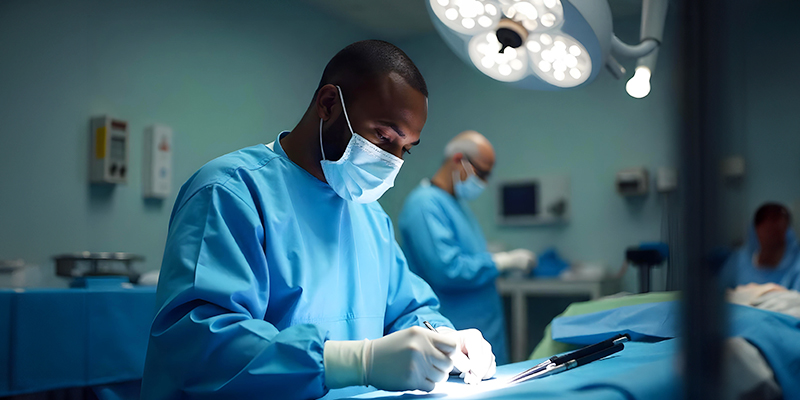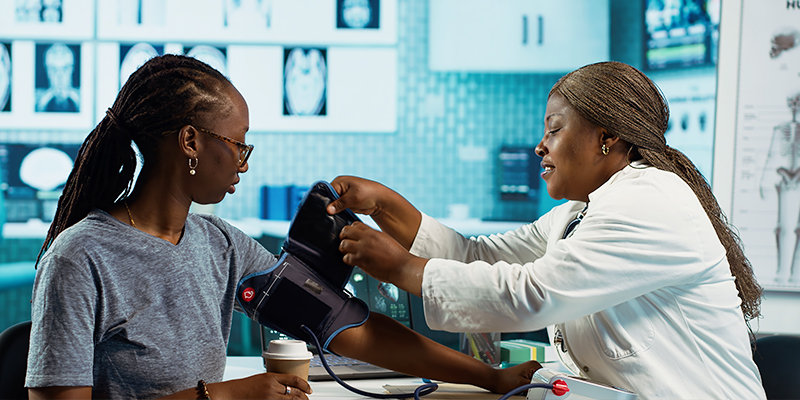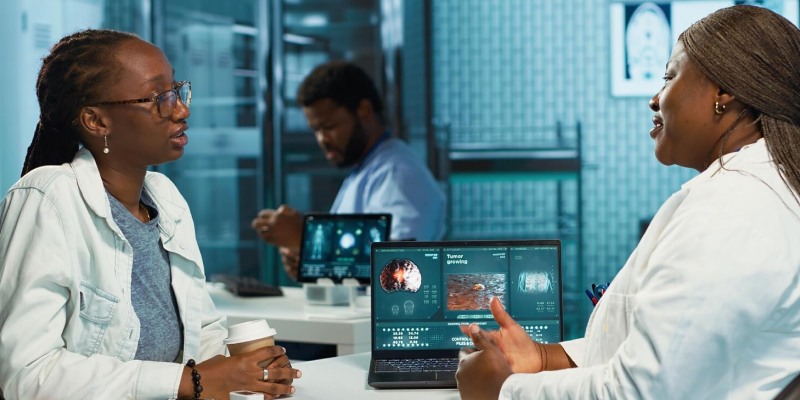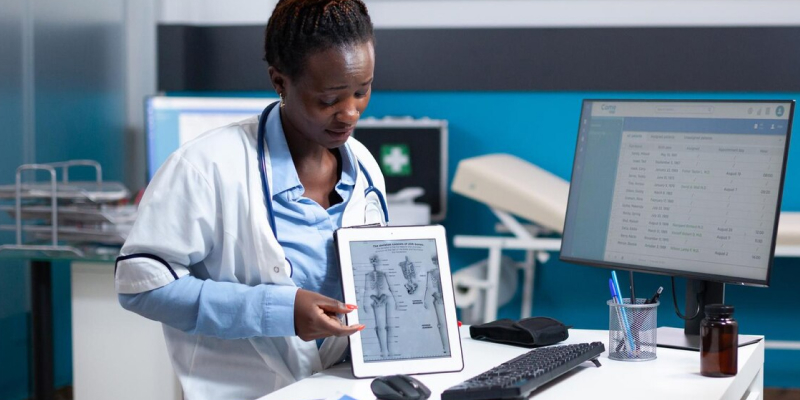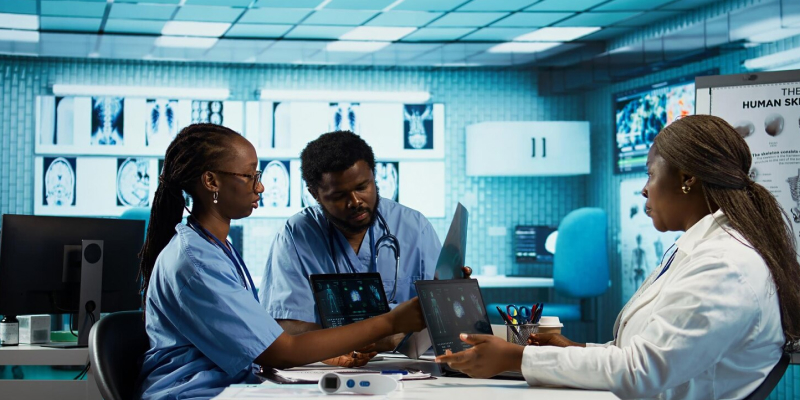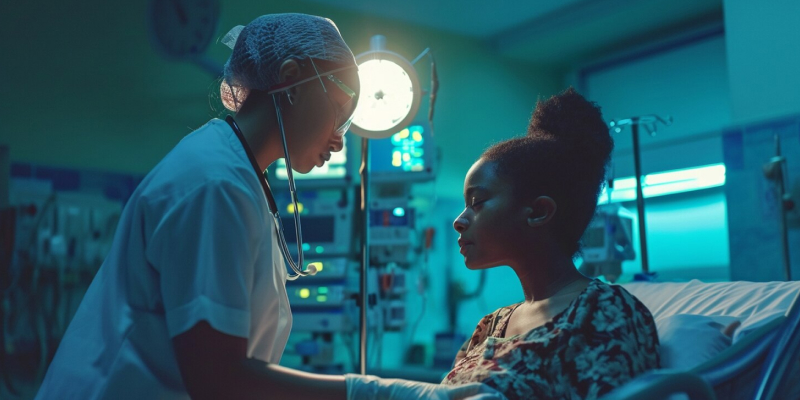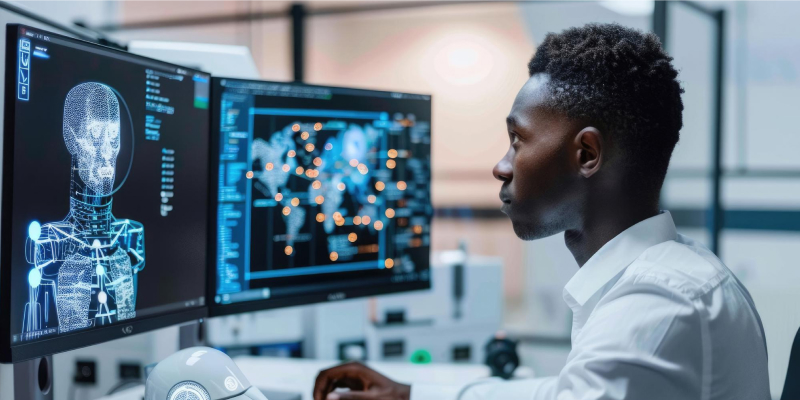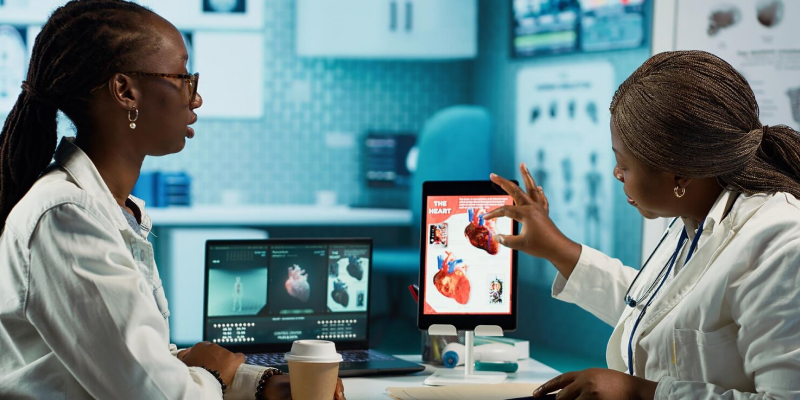When someone is seriously sick or injured, they may need special medical help called critical care. This care is given in a part of the hospital called the ICU (Intensive Care Unit). In this blog, we’ll explain in simple words what critical careis, and which conditions usually need it.
Understanding Critical Care
Critical care is for patients who are very sick and need close monitoring, strong support, or life-saving treatment. The medical condition of such patients may get unstable. Such cases require special machines and a trained medical team to observe them 24/7.
At HJ Hospitals, our ICU is fully equipped with the latest technology, expert doctors, and trained nurses who work round-the-clock to provide the best care.
Conditions That Need Critical Care
Many health problems can become serious and require critical care. Let us understand some of the major critical conditions.
Heart Attack
A heart attack occurs when the blood supply to the heart is limited. It indicates a medical emergency that requires immediate ICU treatment to prevent heart damage and save the patient’s life.
Stroke
A stroke happens when the blood supply to the brain is cut off or when there’s bleeding in the brain. This is a serious condition, and the patient requires intensive care to manage brain swelling, respiration, and other essential signs.
Severe Infections (Sepsis)
Sometimes, an infection can spread through the whole body and cause organs to stop working. This is called sepsis. Patients with sepsis need strong antibiotics, fluids, and sometimes machines to help them breathe or support their kidneys.
Serious Injuries
Accidents, falls, or burns can lead to trauma, which affects the brain, chest, or other important organs. Such cases need immediate attention and intensive care for close observations as they often need surgery, oxygen, and pain relief.
Breathing Problems
People with conditions like severe asthma, pneumonia, or critical flu-like conditions may not be able to breathe properly. In such cases, they are admitted to the ICU and may need ventilators to help them breathe.
Kidney or Liver Failure
When the kidneys or liver stop working, harmful toxins build up in the body. Critical care is needed to remove these toxins using machines like dialysis, along with treating the root cause of the failure.
Post-Surgery Care
Some patients who have had major surgery, especially on the heart, brain, or lungs, may need to stay in the ICU afterward. This advanced facility ensures that each patient undergoes recovery with safety and speed without developing further complications.
How Does the ICU Help?
In the ICU, patients need to be observed precisely every minute. The medical team checks their heart rate, blood pressure, breathing, and other body functions. If something goes wrong, the team acts fast to fix it. The ICU also has special machines like:
- Ventilators – to help with breathing
- Monitors – to track vital signs
- Infusion pumps – to give medicine and fluids
- Dialysis machines – to clean the blood if the kidneys fail
Final Thoughts
Critical care is life-saving care for people who are extremely sick or injured. It needs a strong team of doctors, nurses, and high-end technology working together. At HJ Hospitals, our ICU is designed to provide expert care during life’s most difficult health emergencies.
If you or your loved one ever needs critical care, know that you are in safe hands at HJ Hospitals one of the reputedhospitals in Congo—where every second counts, and every life matters.






 Apr 11, 2025
Apr 11, 2025





